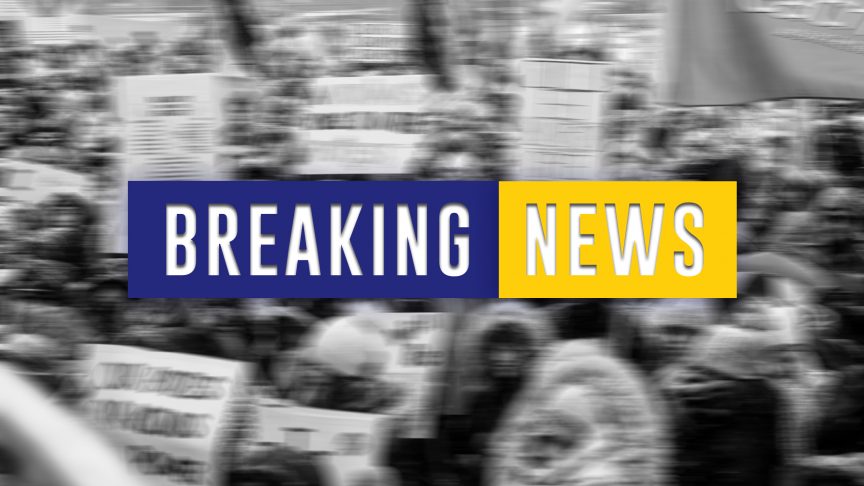By Manuela Vega
Ryerson will not be moving forward with the special constables program, according to the university’s social media pages as well as an email obtained by The Eyeopener from president Mohamed Lachemi.
The decision comes just two weeks after Ryerson announced that Toronto Police Service (TPS) approved its proposal to implement special constables on campus.
Special constables would have policing authority in “incidents involving assault, assault with a weapon, vandalism and theft, as well as the enforcement of smoking by-laws,” according to the Community Safety and Security department. This means they could detain, arrest and use force, said associate professor of criminology at Ryerson Anne-Marie Singh.
Ryerson had planned to start the program by late 2021.
The last week has seen worldwide protests against anti-Black racism and police brutality. In Toronto, there have been calls for justice for Regis Korchinski-Paquet, an Afro-Indigenous woman who fell to her death after police entered her apartment on May 27.
As a result, Ryerson received heightened criticism for their decision to move forward with establishing its special constables program. However, students had been mobilizing against the plan since before the protests.
The university’s Canadian Students for Sensible Drug Policy (CSSDP) chapter launched their No Cops on Campus campaign on May 14—demanding that the university reverse the decision. The campaign involved a petition and an email zap, which was used over 1,100 times.
CSSDP also called for the hiring of trained social workers and nurses to assist in Ryerson security; oversight and transparency about the complaints made against Ryerson security; “thorough crisis intervention, de-escalation, mental health first-aid, harm reduction, anti-oppression, and anti-racism training for existing Ryerson security;” a transition strategy for alternatives to uniformed security on campus and forums where the Ryerson community and members of the public can openly discuss the transition strategy.
Since the program was announced in September, students and faculty have continued to raise concerns about special constables having a negative impact on the wellbeing of different Ryerson community members, including Black people, Indigenous people and people of colour, as well as individuals experiencing poverty, addiction and mental health struggles.
The Black Liberation Collective Ryerson (BLC), who has been organizing against police presence on campus since 2018, released an open letter today addressed to Lachemi and executive director, community safety Denise Campbell.
“End the agreement with Toronto Police Services immediately, and make an open commitment to never partnering again,” read the letter. “Make the terms of the agreement public, as well as the individual involved in brokering the deal.”
The letter also included demands that the university: release the Anti-Black Racism Campus Climate Review (which was expected to have been published in 2019), that it acknowledges the current over-policing on campus and use a holistic approach to address safety on campus and that Ryerson implements long-term support and care for Black Ryerson community members.
“Your recent public statement completely ignores the university’s implication in the chronic problem of anti-Blackness,” the letter read. “You mention how ‘members of Black communities have their lives senselessly taken’ while you ‘senselessly’ put our lives, safety and wellbeing at risk on our campus.”
The letter referred to Lachemi’s statement on Ryerson Today on Tuesday, in which he acknowledged that some students may not feel safe with “increased presence of uniformed personnel” but said, “the reality is that we are experiencing serious challenges that are beyond the scope of our current safety and security team.”
In the email obtained by The Eye, Lachemi said that the university will continue to hold consultations with students, faculty and staff about a safety and security model that works for the university, “with representation from different stakeholders” on campus.
CSSDP member Jeremy Bland is still waiting to find out exactly what that means.
“They haven’t clarified the specific roles the working groups will serve, who will be picking them, or who will be a part of them,” said Bland. “There is no mention of whether or not they would be open to [TPS] partnerships in the future.”
According to Lachemi, Ryerson will be providing further details soon.


